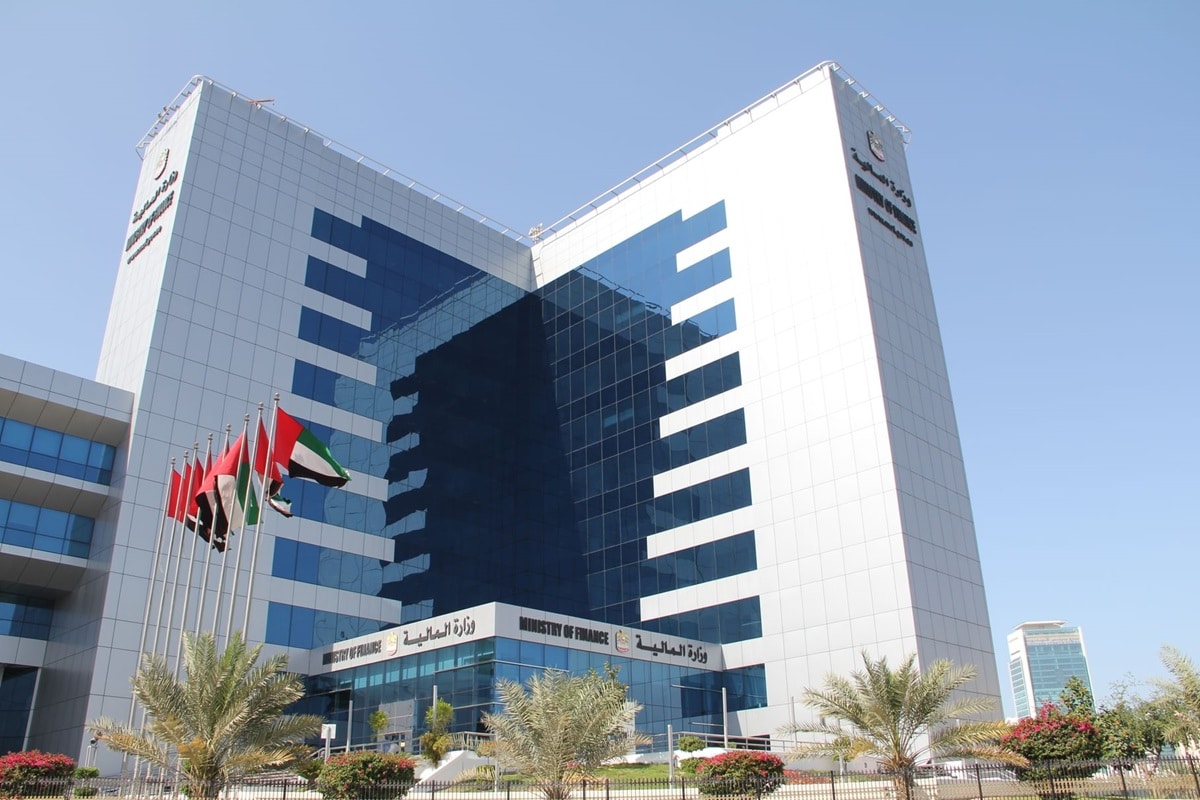The UAE Ministry of Finance has released Mutual Agreement Procedure (MAP) guidance to help taxpayers avoid double taxation through its global tax treaty network.
The UAE Ministry of Finance has issued official Mutual Agreement Procedure (MAP) guidance to clarify how businesses and individuals can seek relief from double taxation under the country’s extensive network of international tax treaties.
The new guidance outlines eligibility criteria, procedural timelines, and information requirements for MAP claims. It is intended to help taxpayers navigate situations where double taxation may arise — such as cross-border transfer pricing adjustments or disputes around the existence of permanent establishments in more than one jurisdiction.
The Mutual Agreement Procedure is a mechanism included in many double tax treaties that allows taxpayers to resolve disputes between two countries regarding taxation rights. In practice, it provides a way to eliminate economic double taxation — where the same income is taxed in two jurisdictions.
The guidance confirms that a MAP claim should generally be submitted within three years from the date the taxpayer becomes aware that double taxation may occur. It also explains that prior decisions made by UAE domestic courts or the Tax Dispute Resolution Committee may limit the scope of relief available under MAP.
UAE MAP guidance
- Timelines: Claims must be filed within three years of awareness of potential double taxation.
- Information Required: A detailed list of supporting documents is necessary for an eligible submission.
- Interaction with UAE Courts: Court rulings may affect relief scope in MAP cases.
- OECD standards: The UAE will aim to resolve MAP cases within OECD-recommended timeframes, provided information is submitted promptly.
The Ministry emphasised that taxpayers should verify the eligibility of their case and determine which jurisdiction is appropriate for submitting their MAP request before proceeding.
The release of the MAP guidance aligns with the UAE’s commitment to promoting tax transparency, minimising cross-border tax disputes, and offering certainty to businesses operating internationally.
Given the UAE’s growing role as a global business hub and its extensive double tax treaty network, the MAP guidance is expected to be a key resource for multinationals and cross-border investors.





